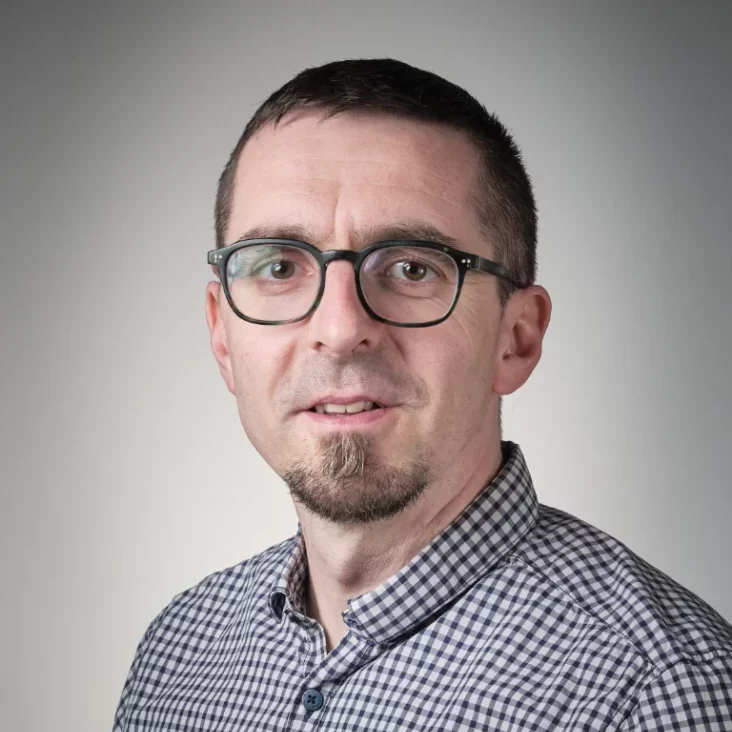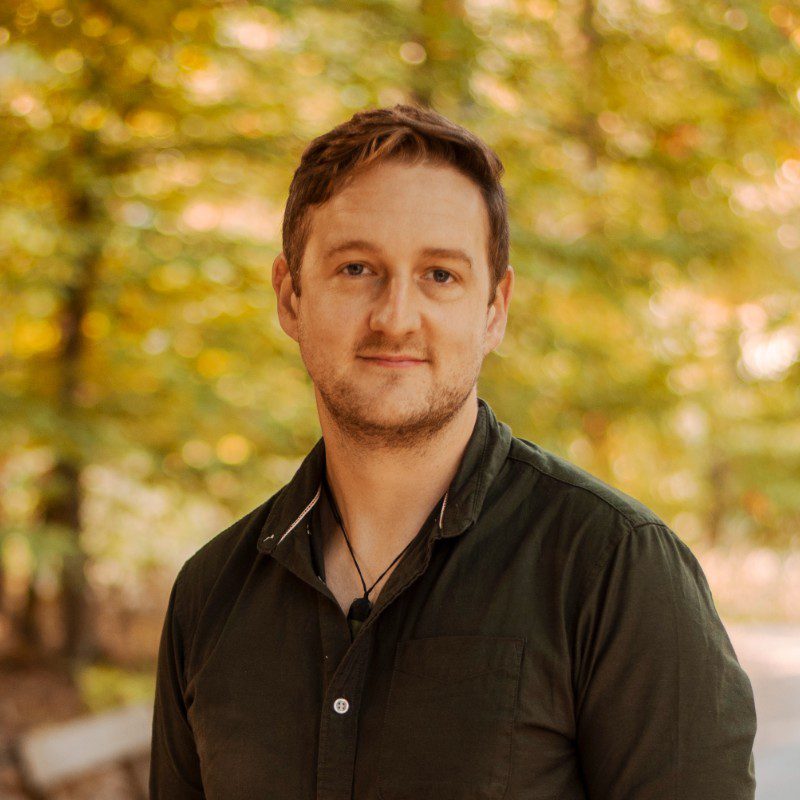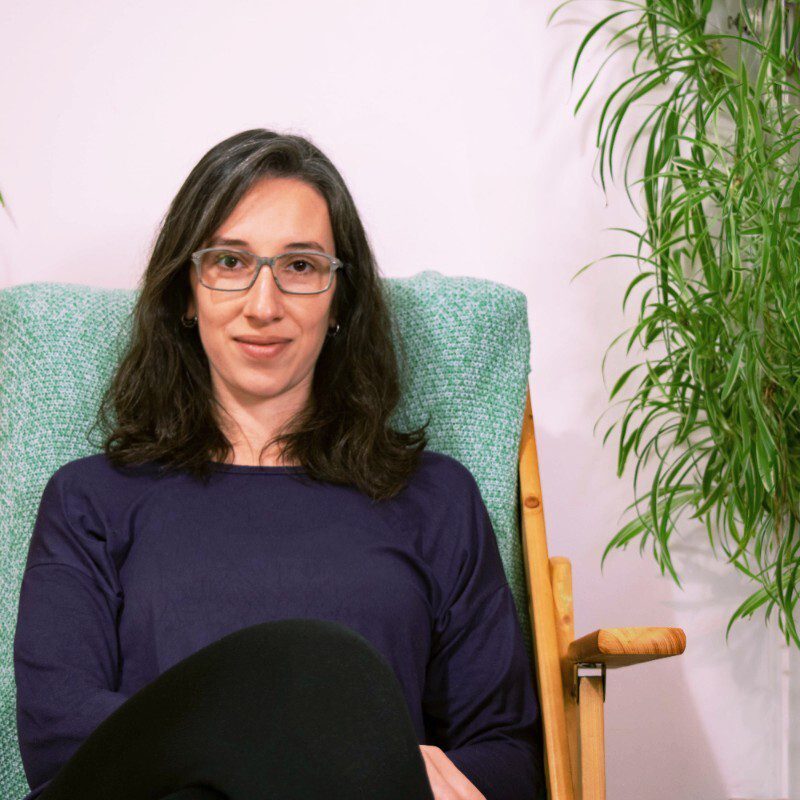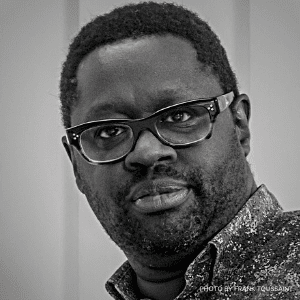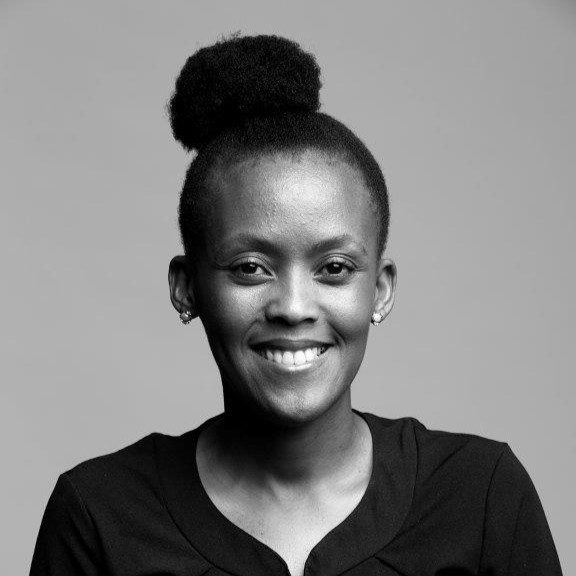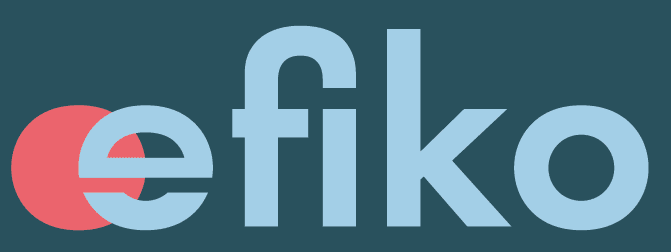What first drove you towards impact measurement?
“My interest in social impact measurement and management grew after I got a job at ACT Grupa, in which I’m still working today. I noticed a real need to measure our social impact to make more informed strategic decisions and to approach others with correct and clear data.” Darko became the collective impact strategist for the organisation and together with his colleagues, he developed a framework for social impact measurement that is used internally.
What did you want to improve and hence sought in training?
“I wasn’t completely new to the topic when starting the training on Efiko, but as I needed to develop a framework for impact measurement, I felt the need to gain more practical experience and learn about best practices. We were looking for tools that would be applicable across sectors, and above all, easy to use. For instance, the synthesis excel that we are using right now in some of our projects is based upon the downloadable tools and framework introduced in the Efiko course.”
What are some learnings from the course that you are implementing in your work today?
“I particularly liked how the course content was organised in a step-by-step manner: the logical layout has become a guideline for how I present ideas in a sharp, yet simple and understandable way to my team.” From stakeholder mapping to selecting robust outcome indicators, the content of the live sessions provided Darko with an additional array of tools useful in future projects. “For two of my most recent projects, I applied the learnings from Efiko’s impact map to create an impact measurement manual. I’m sure we will continue to use this as it forms a really strong foundation”, Darko concluded.
What advice would you give to learners aspiring to work in impact measurement?
“First of all, start simple! I always tell people to start small and take it step-by-step. Take one activity, service or department, develop your measurement plan, implement it, learn something from it, and only think about applying it to the whole organisation after,” Darko responded without having to think long.
His second advice is to establish a network of like-minded people with the same passion for impact measurement. “I really liked the interactions in the live sessions and learning from others throughout the course. Looking back to the training, this is what allowed me to further indulge in impact measurement, stimulating both personal and professional development.” Finally, Darko concluded: “You don’t actually need any new or special skills to get started with impact measurement – all you need is the desire to learn.” When there is a will, there is a way.

